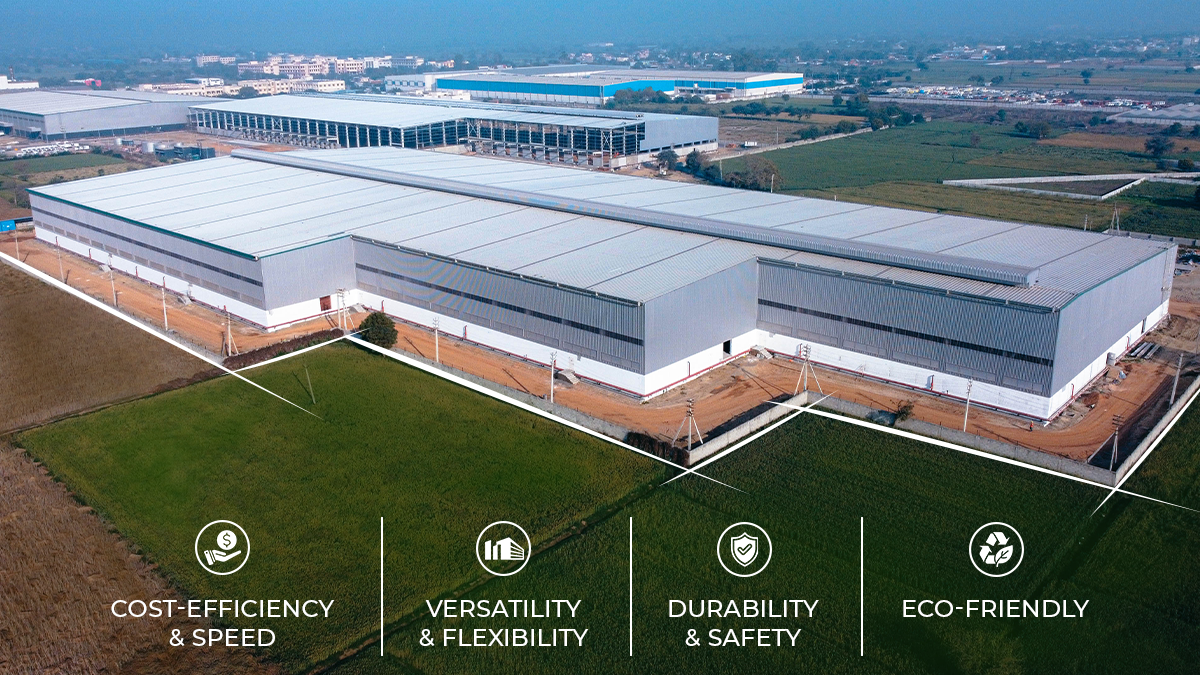
Developer and Utility TVA Scale Fusion to New Level
[ad_1]
_14369.jpg?1739392379)
Fusion energy startup Type One Energy said Feb. 11 it signed a new agreement with regional utility Tennessee Valley Authority to scale up their efforts for “a deeper, broader engagement” commercialize fusion energy.
The developer and TVA, which have been working on a prototype plant at a decommissioned coal fired planty site in Tennessee, announced a new plan to build a 350-MWe facility they hope will “offer a complementary source of base load electrical generation for the region as early as the mid-2030s.”
Type One Energy says its use of stellarator fusion technology “has the potential to repurpose retired TVA fossil fuel power plant infrastructure in addition to being deployed onto greenfield sites in support of energy security and reliability.”
The new pact expands one reached in 2024 by the developer, TVA, the U.S. Energy Dept.’s Oak Ridge National Laboratory and state of Tennessee for technology, logistics and financial collaboration to launch the first stage stellarator prototype at TVA’s closed Bull Run plant that will not produce energy, but will test and verify design of the pilot plant.
The development is key “because it’s the first time any utility company is seriously considering a pathway to own and operate a fusion pilot plant,” says a Type One Energy spokeswoman.
“Unleashing America’s energy potential will take all forms of generation including fusion,” said Joe Hoagland, TVA vice president of innovation and research.
The prototype project, under design by nuclear sector engineering veteran AtkinsRéalis, is set to start construction late next year and be complete in 2029 at an estimated cost of $300 million. “We believe that developing long term
business and functional level relationships will serve both parties as
additional work scopes are contemplated over the next decade,” says Gregg Schneider, Type One Energy vice president of global partnerships and supply chain
management.
The final investment decision on the larger pilot plant and its location within TVA’s multi-state service area will be known by 2029, said the spokesperson. The utility and developer said they will collaborate on siting studies, environmental reviews and licensing, as well as development of project plans “and financing from various sources.”
Gaining Support
Type One Energy is one of eight firms chosen by DOE to receive a total of $46 million in federal funding under a program launched in 2022 to accelerate commercial fusion energy. The developer also had raised $82.5 million as of last fall from investors that include the Bill Gates=backed
Breakthrough Energy Ventures. The firm was founded in 2019 by noted fusion researchers and gained its first venture capital backing in 2023.
Type One Energy’s stellarator-type fusion technology,
developed in the 1950s by at Princeton
University, uses twisting magnetic fields to confine plasma in a
torus to fuse atoms and release energy.
The utility and Type One Energy also inked a separate deal to allow the firm access to TVA’s Power Service Shops in Muscle Shoals, Ala., “to continue shaping its supply chain … with supporting modular manufacturing and assembly” for the larger project, they said.
The agreement also covers a commitment to workforce development “to assemble, operate and maintain fusion stellarators.” Noting a “long history of deploying and operating new energy technologies [in the region],” the firms said, Tennessee and Alabama “are well-positioned to provide talent and resources needed to successfully and reliably” generate energy from fusion.
“TVA brings us best-in-class power plant operations, maintenance,
engineering, licensing, and even project planning and construction
capabilities, all skills critical to success that we now don’t need to
try and recreate,” said Christofer Mowry, Type One Energy CEO, in a statement. “The focus on developing and delivering the core stellarator technology materially de-risks our path to fusion power plant commercialization.”
Type One Energy also reached a technology licensing and manufacturing agreement with Commonwealth Fusion Systems for an exclusive license to use the MIT-backed Massachusetts developer’s high-temperature superconducting cable technology in its own fusion magnets.
[ad_2]
Source link
Post a Comment
You must be logged in to post a comment.






